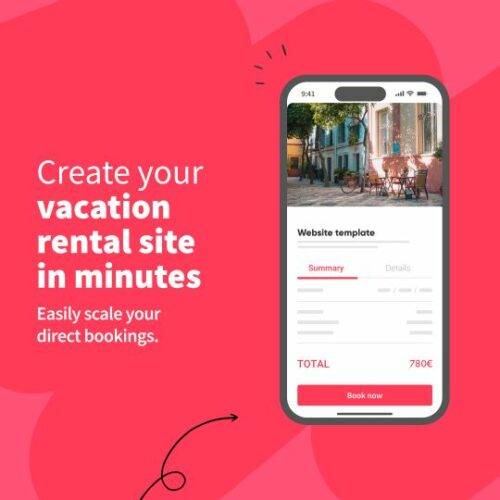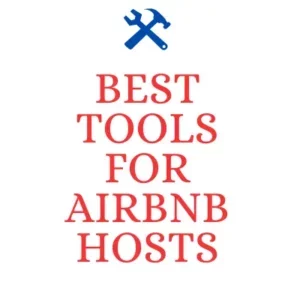When it comes to choosing a platform for listing vacation rentals, the debate between Airbnb and VRBO is ongoing.
Both platforms offer unique features and policies that can significantly impact a host’s experience and profitability.
In this comprehensive analysis, we delve into the nitty-gritty of Airbnb vs VRBO, highlighting seven key areas where VRBO silently outperforms Airbnb, offering insights that could sway the decision of new and seasoned hosts alike.
1. Managing Listing Photos with Ease
The first point of contention is the user experience associated with managing listing photos. On Airbnb, rearranging photos can be a cumbersome task, especially if you wish to move an image from the bottom to the top of your gallery.
This process requires continuous dragging, which can be time-consuming and frustrating. VRBO, on the other hand, has streamlined this experience. Their condensed view and easy drag-and-drop feature allow hosts to effortlessly organize their photos, saving time and reducing hassle.
2. Flexible Cancellation Policies
Cancellation policies are another critical aspect where VRBO shines. While Airbnb offers predefined cancellation policies, it lacks flexibility in customizing these policies for different times of the year.
VRBO caters to this need by allowing hosts to set seasonal cancellation policies, offering the flexibility to have stricter policies during peak seasons and more lenient ones during off-peak times.
This feature is particularly beneficial for maximizing bookings while protecting the host’s interests.
3. Comprehensive Pet Policies
For hosts who allow pets, VRBO provides a more detailed policy setup.
Unlike Airbnb, which limits the policy to the number of pets allowed, VRBO lets hosts specify the type of pets, their maximum weight, and other preferences.
This granularity offers hosts more control over their listings and ensures that guests are clear about the conditions of their stay, reducing potential misunderstandings and issues.
4. Setting Minimum Age Requirements
VRBO understands that some hosts prefer to set a minimum age requirement for their guests. This feature is particularly useful for properties that may not be suitable for younger guests or those looking to maintain a certain ambiance.
Airbnb’s policy, which requires only one guest to be above 18, does not provide this level of control, potentially deterring hosts who want to target a specific demographic.
5. Smoking Policies with Nuance
Smoking policies are another area where VRBO offers more nuance. Hosts can specify whether smoking is allowed and, if so, whether it’s permitted indoors, outdoors, or in designated areas only.
This contrasts with Airbnb’s more generalized approach, which may not align with all hosts’ preferences or property requirements.
6. Personalized Rental Agreements
VRBO stands out by allowing hosts to upload their own rental agreements.
This feature gives hosts the ability to set terms and conditions specific to their property, ensuring guests are fully aware of the rules before booking. Airbnb’s universal agreement does not offer this level of personalization, which can be a limitation for hosts who require specific terms for their rentals.
7. Flexible Cleaning and Pet Fees
Lastly, VRBO offers more flexibility in setting cleaning and pet fees. Hosts can choose to charge these fees per stay or per night, providing an opportunity to adjust pricing based on the length of stay.
This flexibility can make a property more attractive to guests looking for shorter stays and ensure that fees are proportionate to the usage of the property.
Conclusion
The Airbnb vs VRBO debate is multifaceted, with each platform offering distinct advantages.
However, for hosts looking for more control over their listings, flexible policies, and a user-friendly interface, VRBO presents a compelling case.
These seven areas of comparison highlight the importance of choosing a platform that aligns with your hosting preferences and property needs. Whether you’re new to vacation rentals or considering a switch, understanding these differences is key to making an informed decision and maximizing your success as a host.
In the ever-evolving landscape of vacation rentals, staying informed and adaptable is crucial. As we’ve explored, the choice between Airbnb and VRBO can significantly impact your hosting experience, from operational ease to policy flexibility.
Consider these insights as you navigate the world of vacation rentals, and choose the platform that best suits your hosting style and property offerings.










